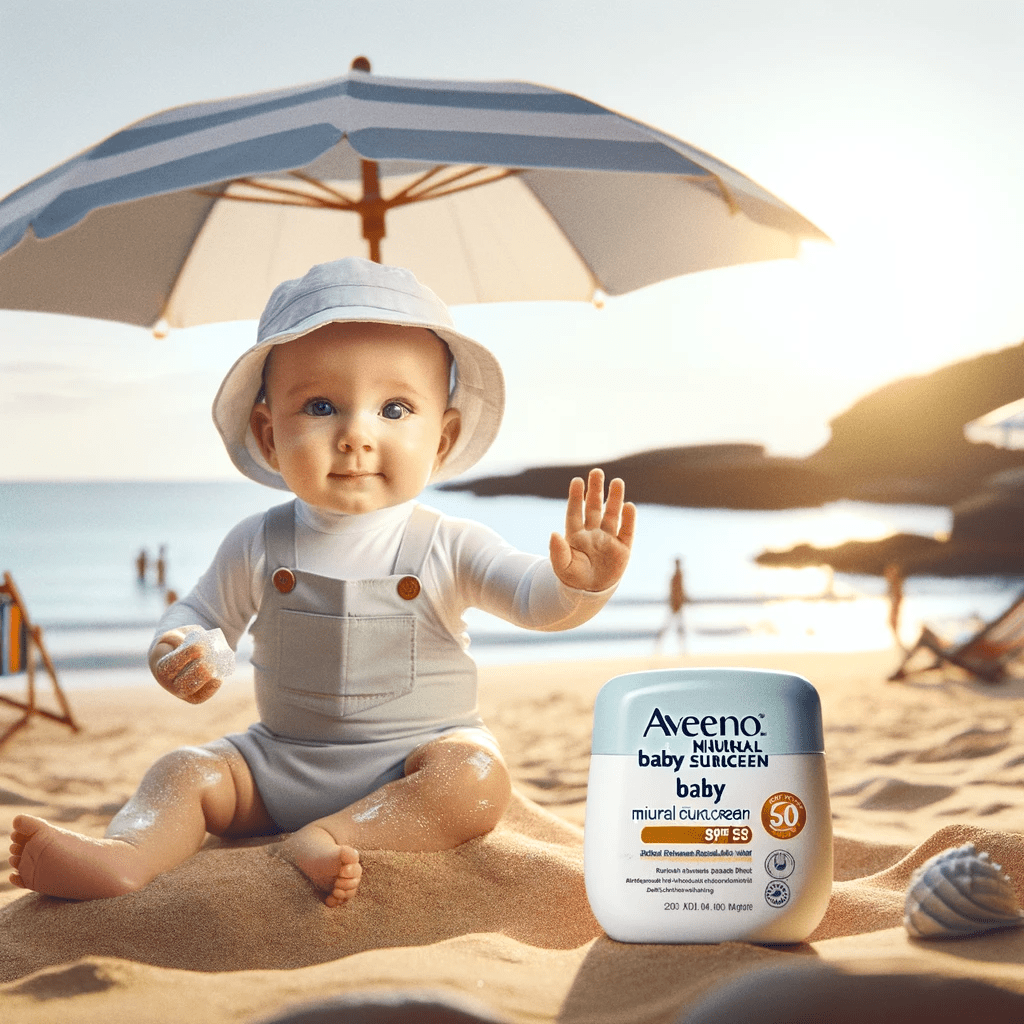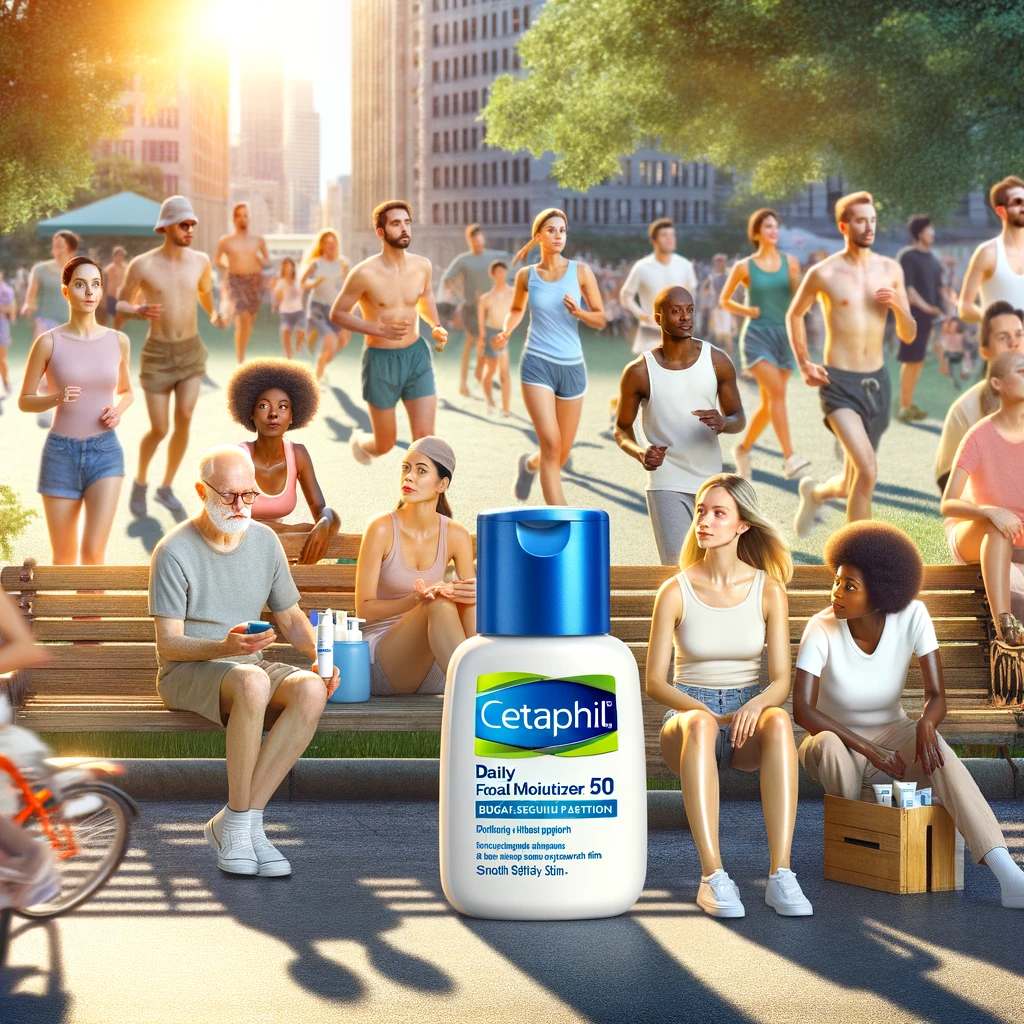Definition
SPF measures protection from UVB, which causes sunburn and skin damage.
Expanded Explanation
When choosing a sunscreen product, it is crucial to consider the SPF rating. SPF is an acronym for Sun Protection Factor, which measures sunscreen’s protection against UVB rays. Excessive exposure to UVB rays can result in sunburns and heighten the likelihood of developing skin cancer.
However, SPF doesn’t measure UVA ray protection, which can cause skin aging and cancer.
SPF Ratings
A sun protection factor rating range from low (SPF 2) to high (SPF 100+), with higher numbers offering more excellent UVB protection:
- SPF 15: Blocks approximately 93% of UVB rays
- SPF 30: Blocks about 97% of UVB rays
- SPF 50: Blocks about 98% of UVB rays
Choosing the Right SPF
To select the proper SPF, consider the following factors:
- Skin type: Fair-skinned individuals may require a higher SPF for adequate protection.
- Sun exposure: Prolonged exposure to intense sunlight may necessitate a higher sun protection factor rating.
- Broad-spectrum protection: Opt for broad-spectrum sunscreen, which protects against UVA and UVB rays.
Examples
Example 1: To avoid sunburn at the beach, apply water-resistant sunscreen with SPF 30+ and broad-spectrum protection. This preventative measure will protect your skin from damaging UV rays so you can enjoy the beach without worry.
Additionally, it’s important to reapply sunscreen every two hours, especially after swimming or sweating.
Example 2: Protect your fair skin from further damage caused by the sun. Use a daily facial moisturizer with SPF 50 if you’ve had past sunburns. This will help protect your skin from the sun’s harmful rays to lower your risk of skin cancer.
Using a moisturizer can help keep your skin hydrated and soft while protecting against premature aging. So, apply a moisturizer with SPF 50 daily as part of your skincare routine to maintain healthy and youthful-looking skin.
Related Terms
Sunburn: Exposure to excessive UV radiation from the sun or artificial sources leads to sunburn, causing skin damage, inflammation, and redness. To prevent premature aging and skin cancer risks, it’s crucial to use SPF sunscreen, wear protective clothing, and limit sun exposure.
Skincare: Skincare is a crucial regimen for maintaining skin health, primarily to protect against the sun’s harmful rays. Incorporating SPF products into daily skin care routines helps shield the skin from UV damage, preventing long-term skin issues like premature aging and skin cancer.
Visual and Product Aids
External Resources
Understanding SPF and Sunscreen Protection: Sunscreen protects against sunburn and skin cancer caused by harmful UV radiation. A broad-spectrum SPF 30+ sunscreen should be applied every 2 hours, especially between late morning and afternoon when UV rays are strongest.
Skin protection is essential even on cloudy days and in winter, as UV rays can reflect off surfaces like snow.
SPF: How to Choose the Right Sunscreen: Selecting the right sunscreen, crucial for protection from harmful UV rays, involves finding a product suited to your skin type, whether dry, oily, acne-prone, or sensitive. Daily sunscreen application is essential for everyone, as UV rays can cause skin aging and cancer, even on cloudy days.
For dry skin, a moisturizing sunscreen with ingredients like shea butter or glycerin is recommended to protect the skin and combat dryness.
Related Articles
7 Antioxidant Foods For Glowing Skin: The post discusses seven antioxidant-rich foods essential for glowing, healthy skin. It highlights the benefits of consuming berries, spinach, dark chocolate, nuts, green tea, tomatoes, and avocados packed with vitamins C and E, selenium, and omega-3 fatty acids. To achieve radiant skin, consume these foods that combat free radicals and reduce inflammation while promoting collagen production.
Additionally, these foods protect against UV damage, a leading cause of skin damage. Incorporating these foods into your diet can lead to healthier, more radiant skin.
4 Best After Sun Clarins | Top Qs & As The post highlights the importance of using after-sun products, especially for those who enjoy the outdoors during summer. It features a roundup of the four best after-sun products by Clarins, renowned for their effectiveness in maintaining skin health and hydration.
The selection includes lotions, gels, and creams, all highly recommended by dermatologists for various skin types.


